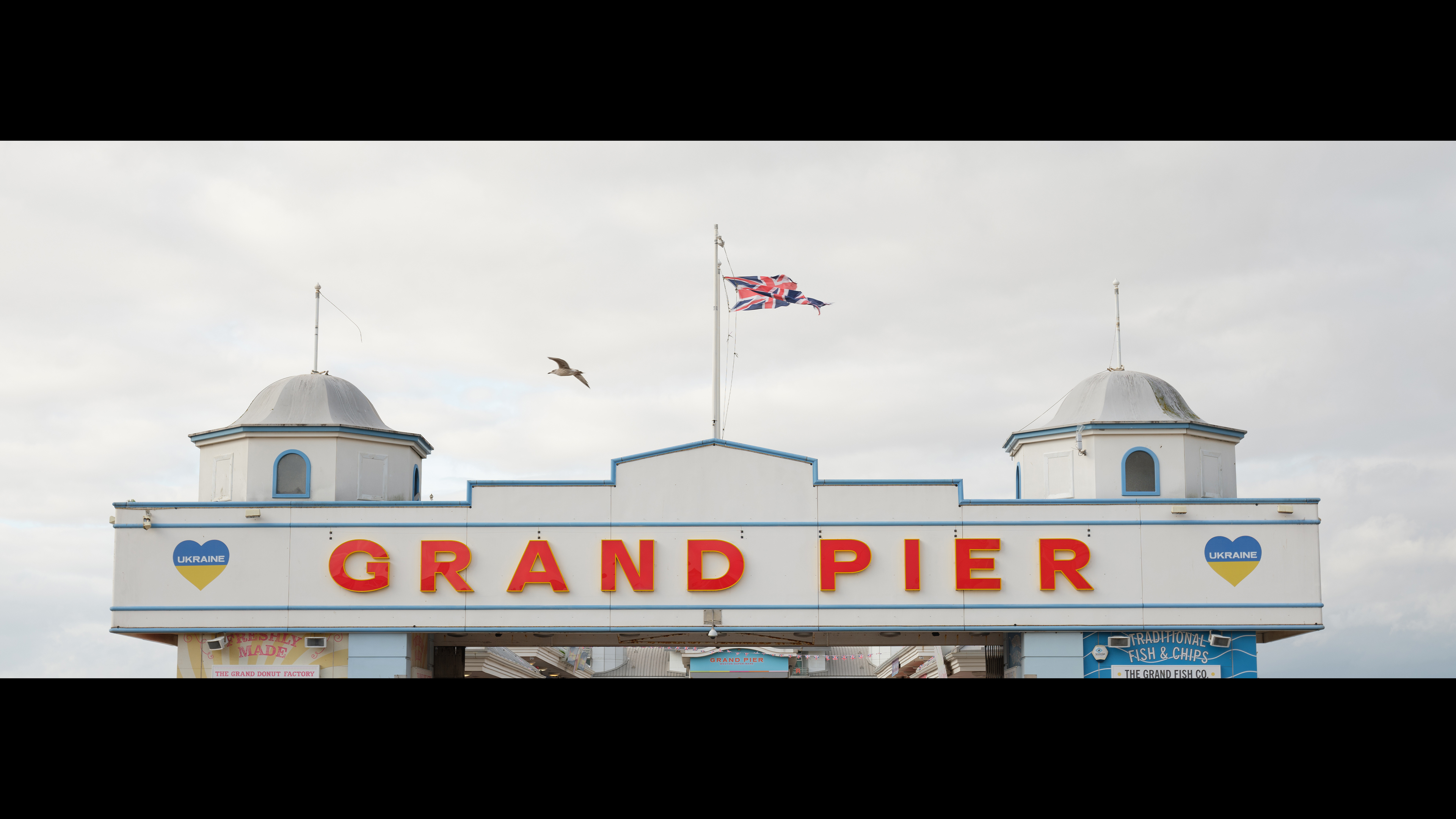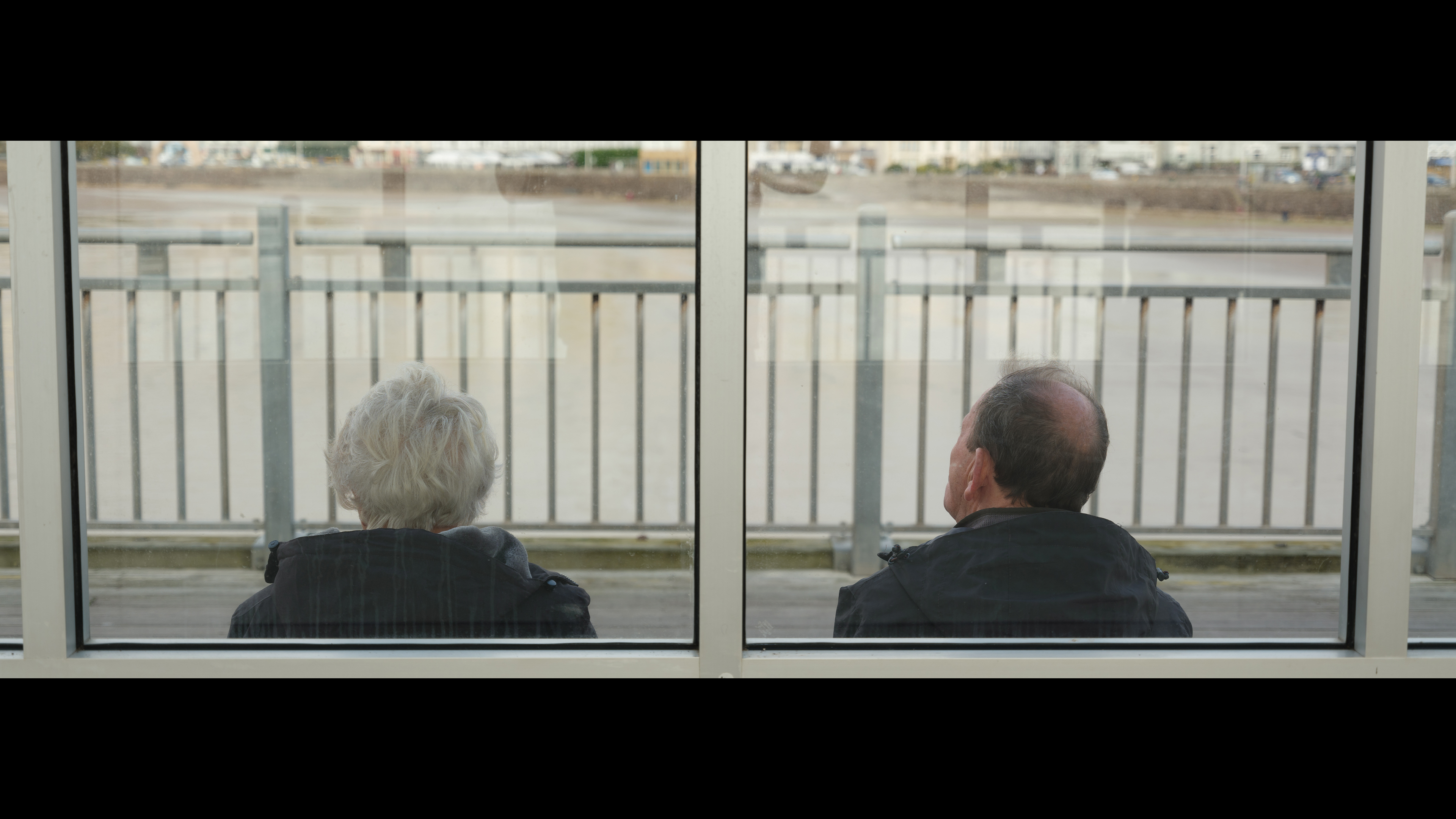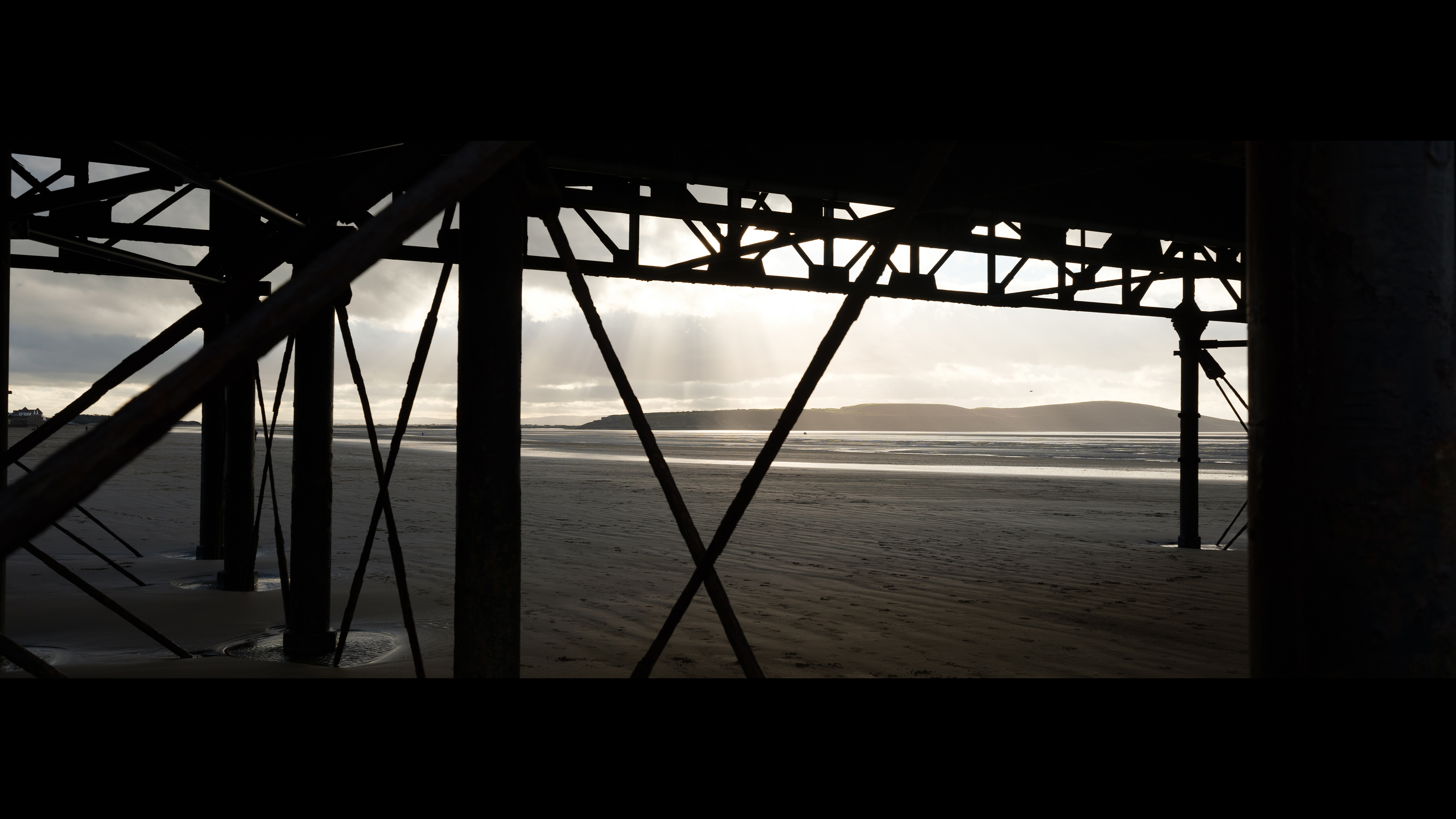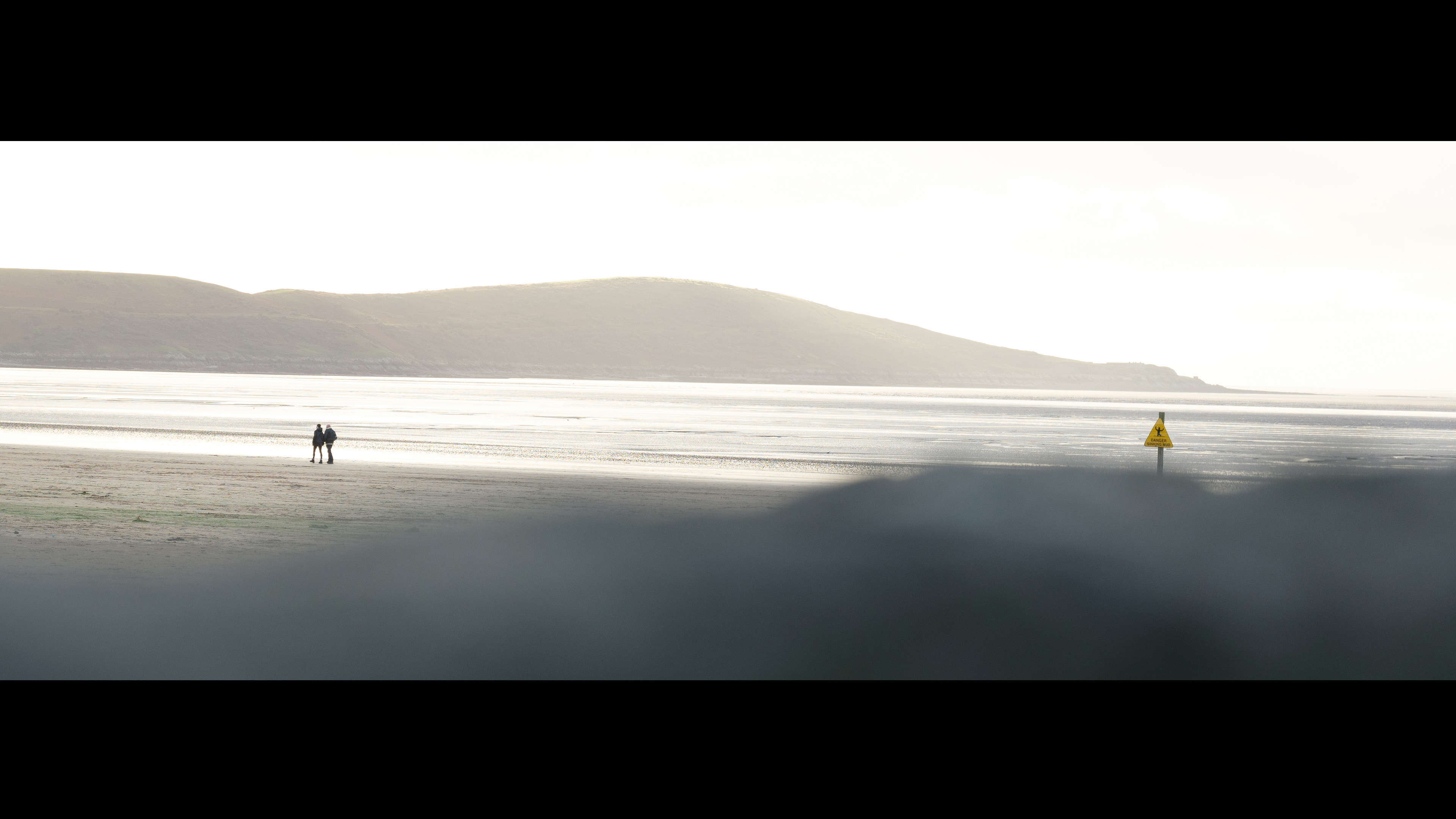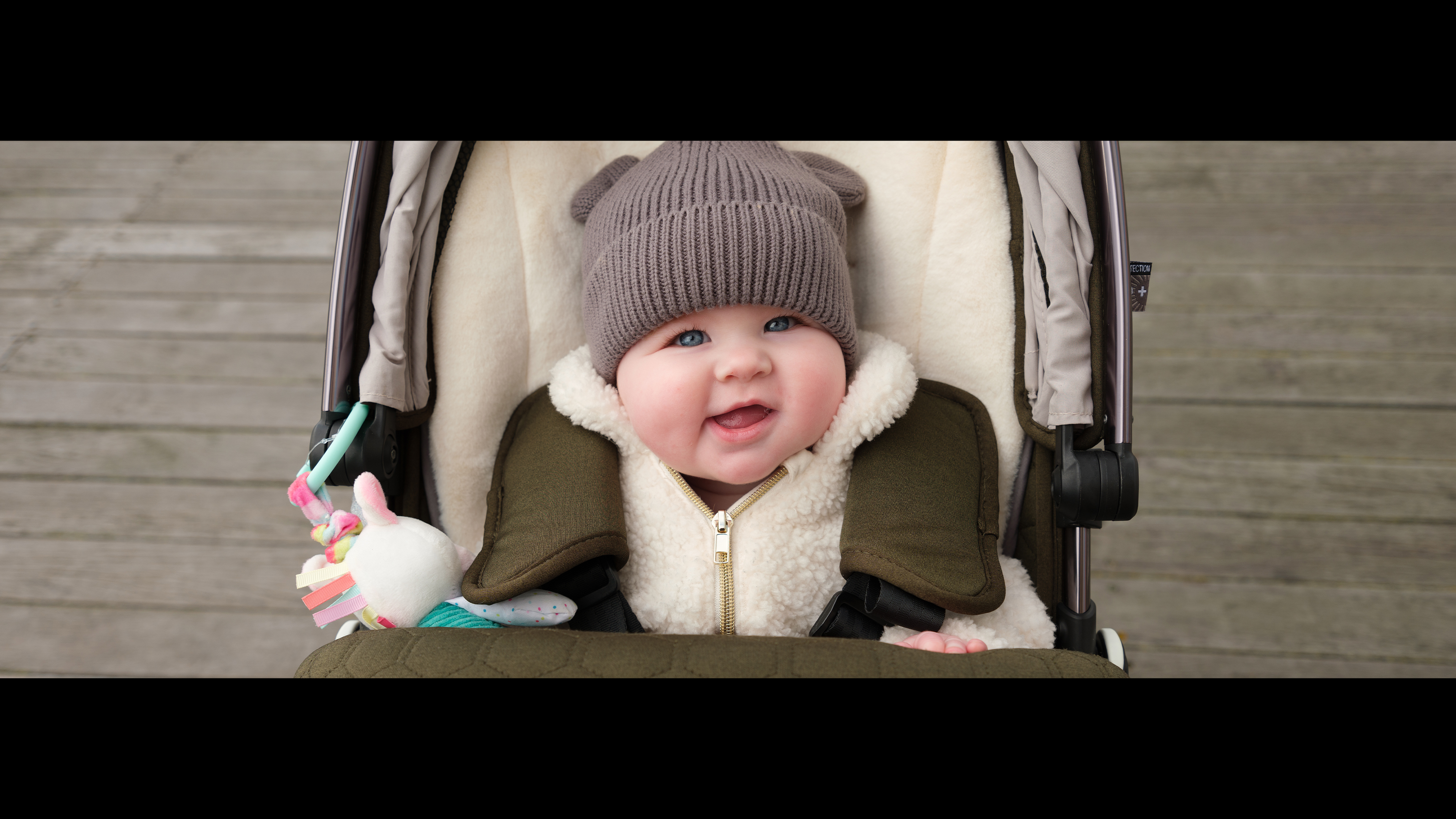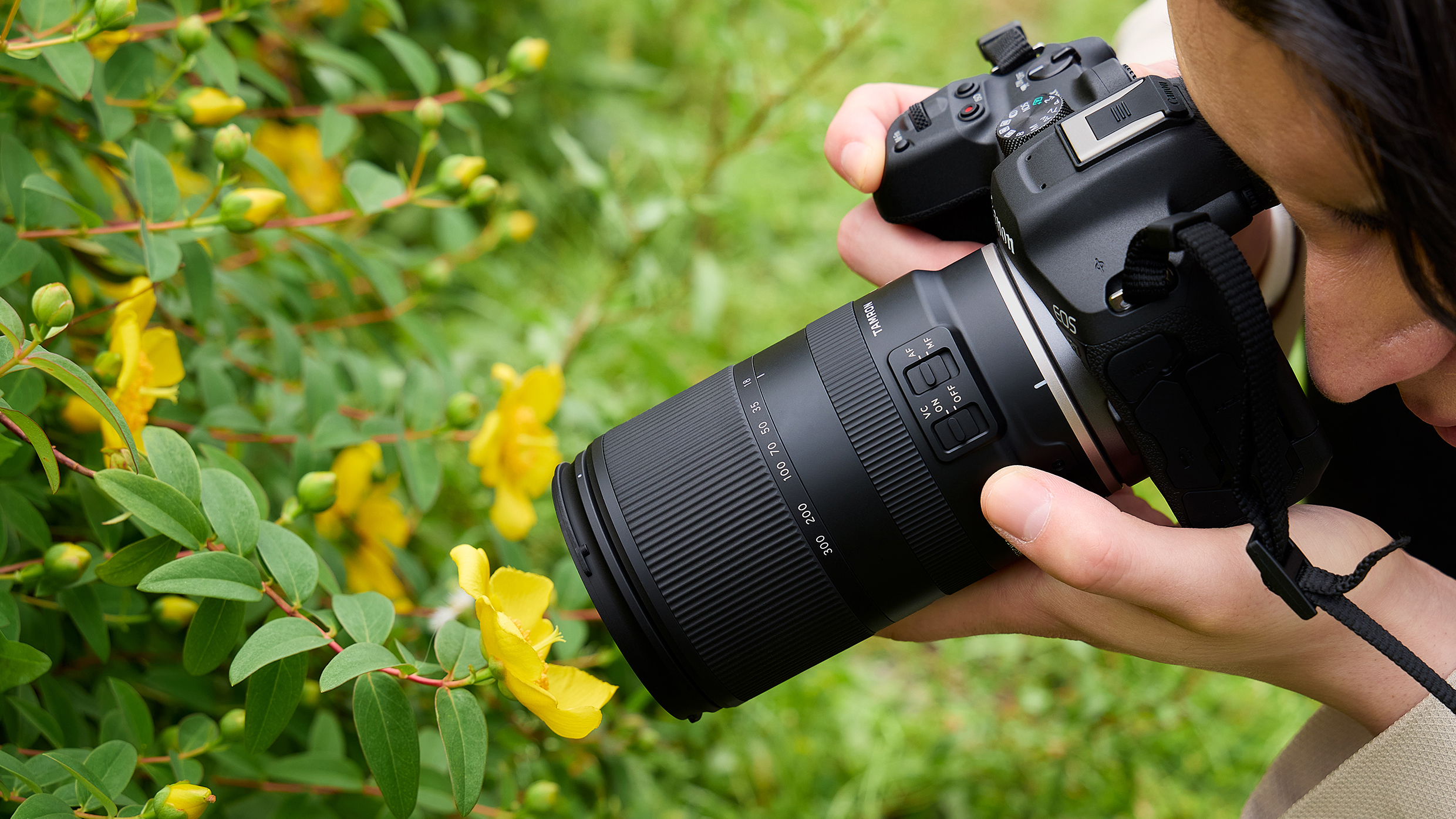I changed aspect ratios to beat a creative slump, and I think you should too!
Many photographers stick to the native aspect ratio of their camera's sensor – but is this right for you?
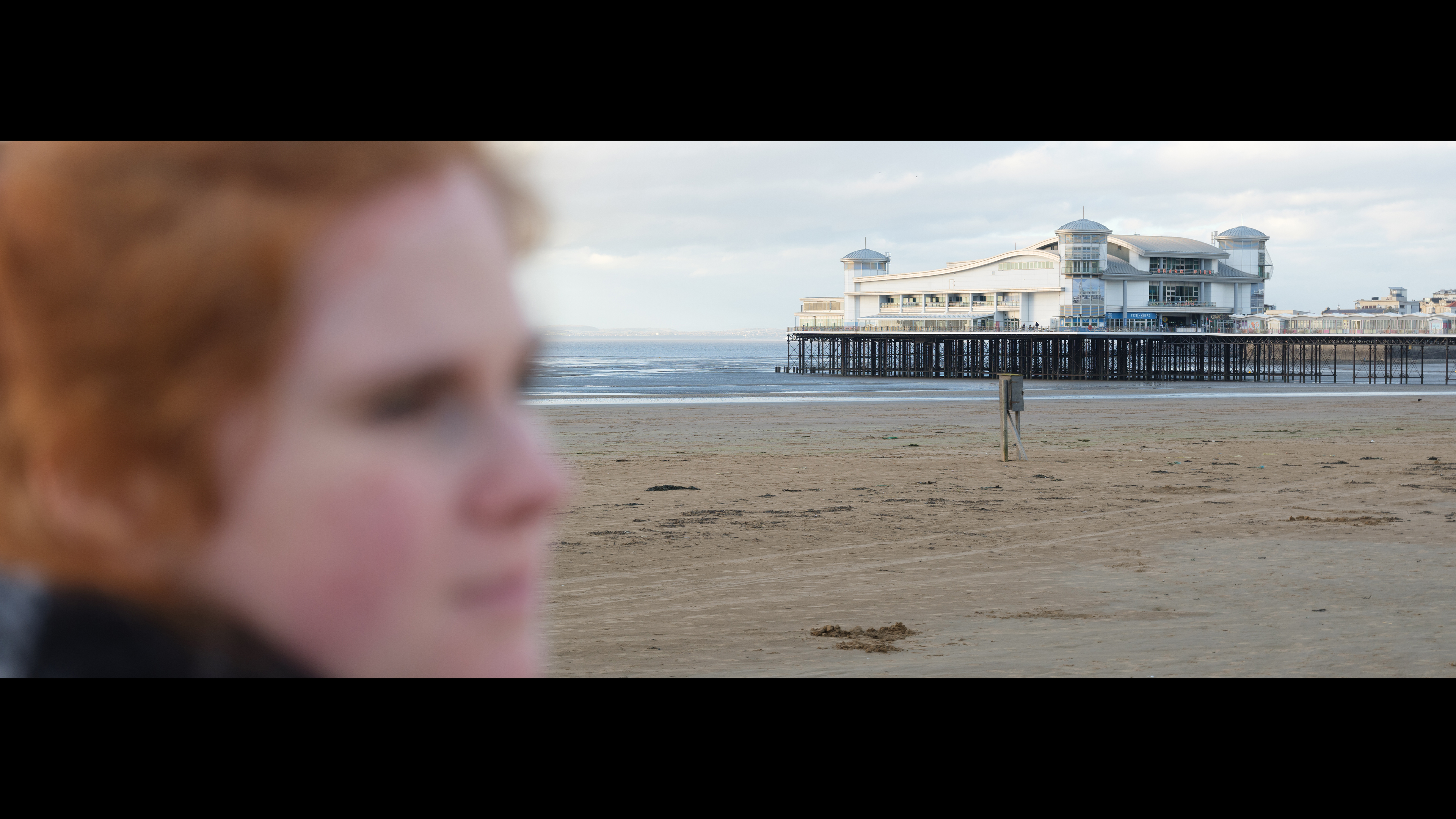
As creatives, we often lose some of the passion and determination that got us into photography in the first place – and that’s completely normal! I get these creative slumps from time to time, and I have found that setting restrictions when shooting can get me back on track and invigorate my work with a new sense of enthusiasm.
Last year I had one of these slumps, and my way out came from implementing a restriction and a camera feature that most photographers do not employ enough: aspect ratio!
I have been shooting with the Fujifilm GFX 50S II almost exclusively for the past two years. The quality of imagery, coupled with the portability, has made it my go-to for commissioned and personal work, and places it among the best Fujifilm cameras on the market. One of the features that I like to take advantage of is the ability to choose various crop modes. For this particular creativity reset, I opted to work exclusively in the 65:24 aspect ratio.
For those unfamiliar with the term, the aspect ratio of an image is the ratio of its width to its height. An aspect ratio of 1:1, for example, would be a square, as the length of height and width are equal. Every camera's natural aspect ratio replicates that of the sensor so, if you decide to shoot in another, it is essentially cropping out the excess pixels between the native and desired aspect ratio.
This 65:24 aspect ratio is the most extreme crop mode on the GFX system, and pays homage to the Hasselblad Xpan – a panoramic camera designed by a collaboration between Hasselblad and Fujifilm. The aspect ratio is fun to work with and forces you to view the world from a new perspective. When thinking about panoramic photographs, you often think of landscapes – but if you turn your attention to the world around you, you start to view the world slightly differently.
Although these images aren't anywhere near my greatest, the wider frame changed how I approached my compositions and has encouraged me to explore this further. Instead of thinking like a photographer, I started composing as I would for video, as the frame resembled that of a movie still (especially by placing the image on a black 16:9 box).
Using composition techniques from my favorite movies, I decided to experiment with photographing different subjects in this aspect ratio. For someone who is a big fan of cinema, I relished working in this way – and above all, it was great fun! Although the images were taken on a quick afternoon visit to the seaside, composing in this way was like creating movie stills from life.
The best camera deals, reviews, product advice, and unmissable photography news, direct to your inbox!
Working in 65:24 reset how I approached photographing a subject. It reminded me of why I wanted to become a photographer in the first place, to tell stories - the creative slump was beaten!
The GFX is not the only system to include different crop modes. I have previously used the square crop mode in my Nikon D750 to the same effect, and if you check your camera you may be surprised to see the many crop modes it has. Alternatively, you can crop in post-processing for the same outcome. Many photographers stick to the native aspect ratio of the camera sensor, but trying new ones can unleash creativity – and you might just find a new favorite.
Whether it's shooting in a new crop mode, in black-and-white, or by using a certain lens, there are many ways to add restrictions to your photography. What’s most important is the break from the pressure we can put ourselves under, and allowing ourselves to let loose and play – reminding us why we wanted to take photographs in the first place.
You may also be interested in our guides to the best GF lenses, the best camera for video, and the best camera for filmmaking.
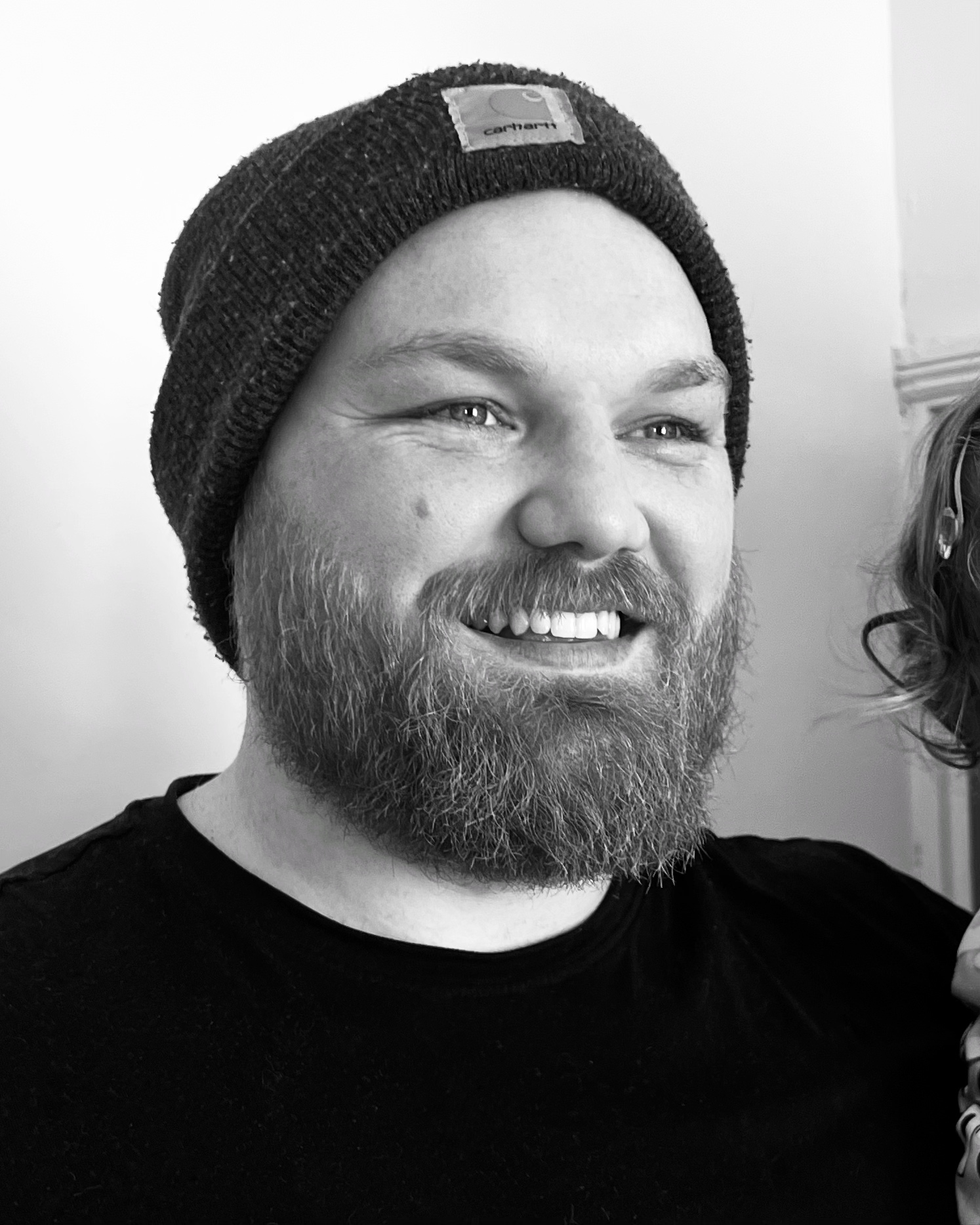
Kalum is a photographer, photo editor, and writer with over a decade of experience in visual storytelling. With a strong focus on photography books, curation, and editing, he blends a deep understanding of both contemporary and historical works.
Alongside his creative projects, Kalum writes about photography and filmmaking, interviewing industry professionals, showcasing emerging talent, and offering in-depth analysis of the art form. His work highlights the power of visual storytelling.
